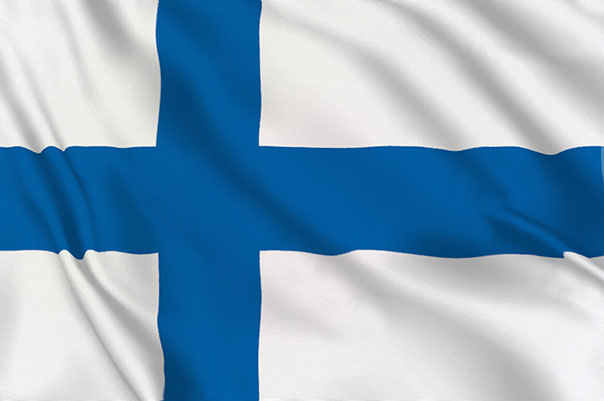Finnish authorities have banned the sale of hexahydrocannabinol (HHC), a hemp-derived cannabinoid that has popped up in concentrated form as an alternative to marijuana in some European countries over the past several months.
The Finnish Medicines Agency (Fimea) said the ban was necessary because the products, which are in a legal gray area, do not undergo quality control and could carry dangerous contaminants as a result of processing. The agency also said it is not always clear where HHC products sold on the European market are manufactured.
HHC is a minor cannabinoid that occurs naturally in minuscule amounts in industrial hemp. But some producers have been creating highly concentrated HHC by synthetically altering hemp-derived CBD to create a compound for products that produce a “high.”
Parallel to delta-8
The growing debate over HHC in Europe parallels the situation in the U.S. surrounding delta-8 THC, another minor cannabinoid produced synthetically from CBD which is also a psychoactive compound. Individual U.S. states are now struggling to get delta-8 under control, with some states banning it and others putting it under regulations for marijuana-derived delta-9 THC.
A number of EU-based retailers started selling HHC products towards the end of 2022 when products began showing up in the form of vapes and edibles, the European Monitoring Centre for Drugs and Drug Addiction (EMCDDA) said following a technical expert meeting on the compound held late last year. Some producers are turning out hemp flowers sprayed or mixed with HHC that look and smell like marijuana, EMCDDA said.
HHC became the first synthetic cannabinoid to be monitored as a “new psychoactive substance” (NPS) by the EU Early Warning System beginning in October 2022.
Path to illegality
Under the Finnish ban, HHC is now classified as a psychoactive substance, with the manufacture, import, sale, transfer and storage illegal, although the use and possession of the compound are not yet prohibited. Fimea said the designation is a step towards making HHC an illegal drug in Finland.
“These products are on the borderline of legality. Even if they are made from industrial hemp, THC is often found in them. After that, it’s a drug case,” said Katja Pihlainen, Senior Inspector at Fimea.
A lack of research means HHC’s broader effects remain unknown, and “burning or vaporizing it can make it more harmful. We don’t know how it affects the body,” Pihlainen said.
Ban spreading
Some other EU countries have also taken steps to rein in HHC producers. Estonia has already classified HHC as an illegal drug, and Sweden has started the process of banning the compound although online shops are still offering HHC products.
“If you want to ban HHC as a drug, all countries have to do it separately. Or start doing it some other way, if you want to regulate it,” Pihlainen said.
Read the full article here

